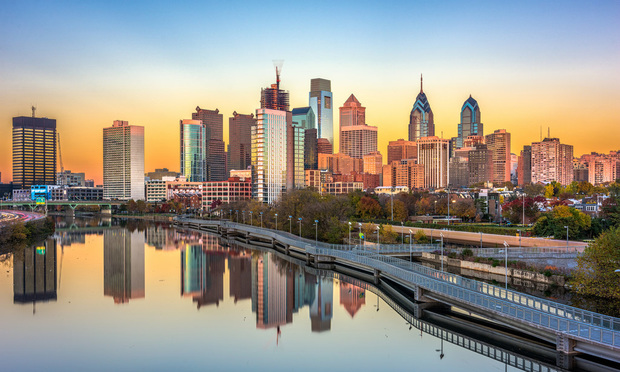The American Bar Association’s (ABA) 10th Annual National Celebration of Pro Bono takes place from Oct. 21 through Oct. 27. The National Celebration of Pro Bono highlights the increasing need for pro bono services and access to justice. Although national in breadth, this initiative provides an opportunity for legal organizations across the country to collaboratively commemorate the vitally important contributions of America’s lawyers and to recruit and train the many additional volunteers required to meet the growing demand. This initiative provides a format for showcasing the incredible difference that pro bono lawyers make to our nation, to our system of justice, to our communities and, most of all, to the clients they serve. This year the ABA is encouraging organizations to plan and participate in events focused on disaster resiliency. The celebration website, www.celebrateprobono.org, provides resources to assist in planning projects as well as a registry of featured events in local communities. The celebration of pro bono continues to support, encourage and embrace the role of paralegals offering assistance in pro bono and community events on both a local and national level.
The National Federation of Paralegal Associations (NFPA) Model Code of Ethics and Professional Responsibility states that paralegals should aspire to contribute 24 hours of pro bono and community service annually. Whether a student or seasoned paralegal, there is certainly a need and role for every paralegal in the pro bono arena. Many pro bono groups and organizations offer extensive training, reference materials and mentoring to aid volunteers in gaining an understanding of eligibility requirements as well as navigating assignments and completion of pro bono tasks. A paralegal must be mindful of the ongoing role of ethics in the pro bono field. All pro bono tasks must be performed under the guidance and supervision of an attorney in direct correlation with the policies and procedures of the pro bono agency, group or organization. Paralegals must have a deep understanding of issues related to the unauthorized practice of law in pro bono.


 Philadelphia. Photo: Shutterstock
Philadelphia. Photo: Shutterstock




